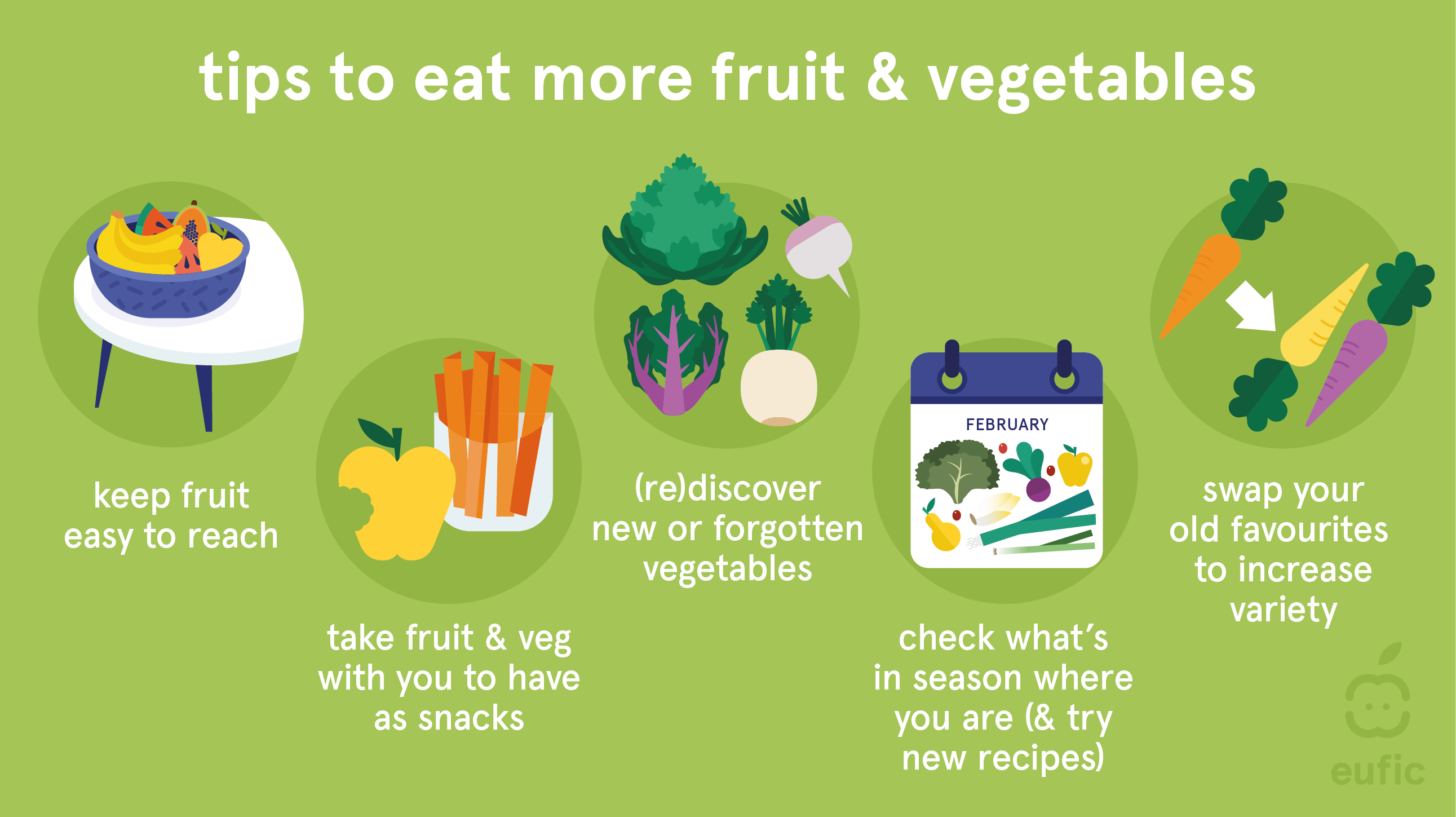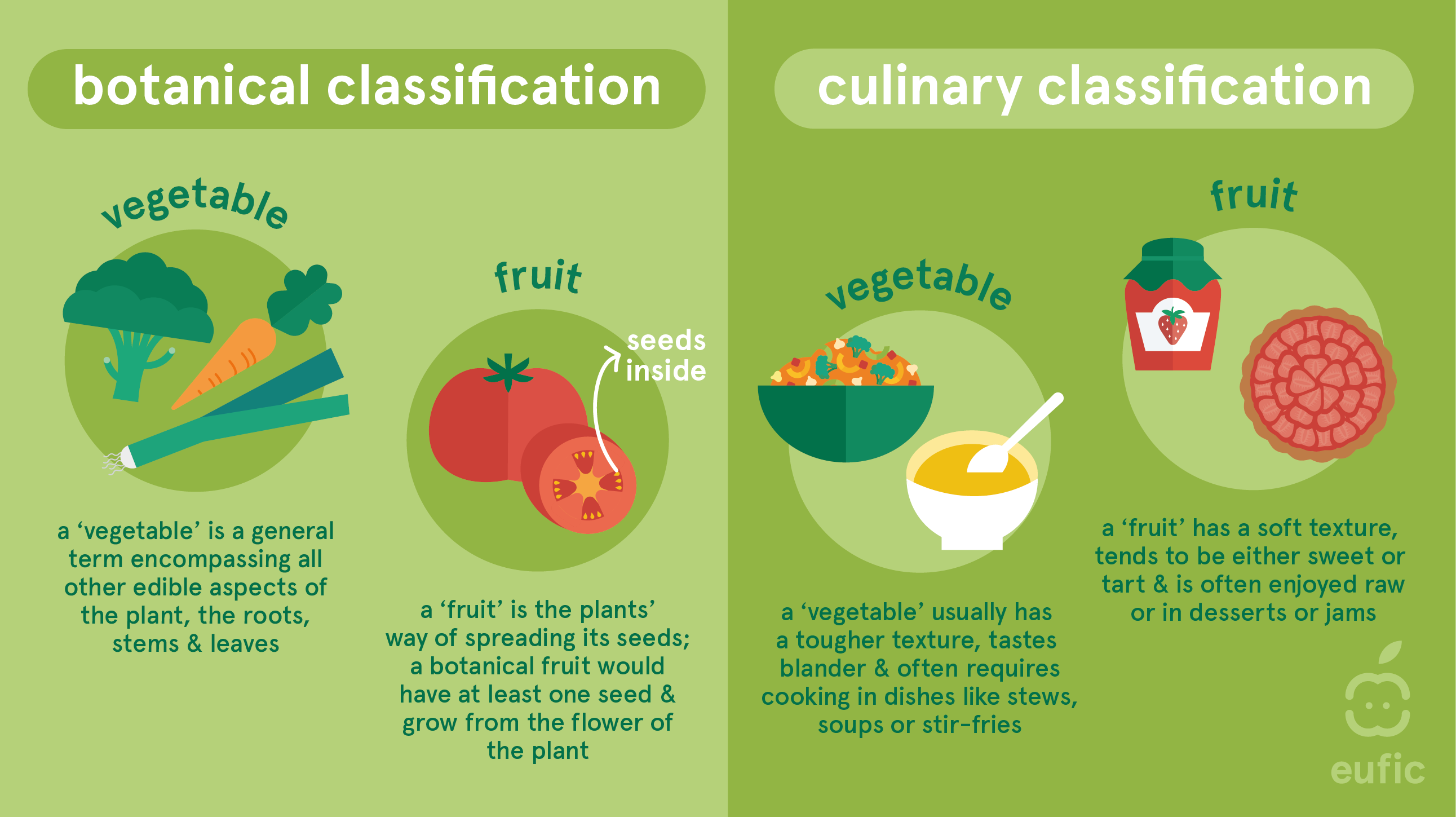Eating fruits and vegetables is one of the simplest and most effective ways to improve your health. These natural foods are packed with essential nutrients, vitamins, and minerals that our bodies need to function properly. Here are some of the key benefits of incorporating more fruits and vegetables into your diet.

1. Nutrient-Rich
Fruits and vegetables are vitamins, minerals, and antioxidants. These nutrients essential for maintaining good health. For example, vitamin C found in citrus fruits helps boost the immune system, while potassium in bananas supports heart health. Leafy greens like spinach are loaded with iron and calcium, which are vital for healthy blood and bones.
2. Low in Calories
Most fruits and vegetables are low in calories and high in fiber. This makes them an excellent choice for those looking maintain or lose weight. They help you feel full and satisfied, reducing the temptation to snack on unhealthy foods.
3. Heart Health
A diet rich in fruits and vegetables can help reduce risk of heart disease. The fiber, potassium, and antioxidants in these foods help lower blood pressure and cholesterol levels. Berries, in particular, are known for their heart-healthy benefits due to their high levels of flavonoids.
4. Improved Digestion
The high fiber content in fruits and vegetables aids in digestion. Fiber helps keep your digestive system running smoothly, preventing constipation and promoting regular bowel movements. Apples, pears, and leafy greens are especially beneficial for digestive health.
5. Better Skin Health
The vitamins and antioxidants in fruits and vegetables can improve your skin’s appearance. Vitamin C, found in many fruits like oranges and strawberries, helps in collagen production, which keeps your skin firm and youthful. Beta-carotene in carrots and sweet potatoes is converted to vitamin A, which promotes healthy skin and repairs skin cells.

6. Reduced Risk of Chronic Diseases
Eating a diet rich in fruits and vegetables can lower the risk of many chronic diseases, including certain cancers, diabetes, and hypertension. Cruciferous vegetables like broccoli and Brussels sprouts contain compounds that have been shown to reduce the risk of cancer. The natural sugars in fruits provide a healthier alternative to processed sugars, helping to manage blood sugar levels.
7. Enhanced Immune Function
The vitamins and minerals found in fruits and vegetables, particularly vitamins C and E, can strengthen the immune system. Citrus fruits, bell peppers, and leafy greens are all excellent choices to boost your body’s defenses against illness.
8. Hydration
Many fruits and vegetables have water content, which helps keep you hydrated. Staying hydrated is crucial for overall health, as it helps with digestion, circulation, and temperature regulation. Watermelon, cucumbers, and strawberries are especially hydrating.
9. Mental Health Benefits
Certain fruits and vegetables can have positive effects on mental health. Foods rich in antioxidants, like berries and leafy greens, help reduce inflammation and oxidative stress, which are linked to mental health conditions such as depression and anxiety. The folate in leafy greens is also essential for brain function and mood regulation.
Conclusion
Incorporating more fruits and vegetables into your diet can have profound benefits for your overall health. From improved digestion and heart health to better skin and mental well-being, these natural foods are powerhouses of nutrition. Aim to fill half your plate with fruits and vegetables at each meal to reap these benefits.
FAQs
1. How many servings of fruits and vegetables should I eat each day?
It is recommended to eat at least 5 servings of fruits and vegetables each day. This can include a mix of fresh, frozen, and canned options.
2. Can I get the same benefits from fruit and vegetable juices?
Whole fruits and vegetables are preferred because they contain fiber, which is often lost in juices. However, 100% fruit and vegetable juices can still provide many of the vitamins and minerals.
3. Are all fruits and vegetables equally healthy?
While all fruits and vegetables are healthy, some are particularly nutrient-dense, such as leafy greens, berries, and citrus fruits. Variety is key to getting a range of nutrients.
4. Can eating too many fruits and vegetables be harmful?
For most people, it’s difficult to overeat fruits and vegetables. However, consuming an extremely high amount could potentially lead to digestive issues due to the high fiber content.
5. What are some easy ways to include more fruits and vegetables in my diet?
Add fruit to your breakfast cereal or yogurt, include a salad with lunch or dinner, snack on raw veggies, and incorporate vegetables into soups, stews, and stir-fries.